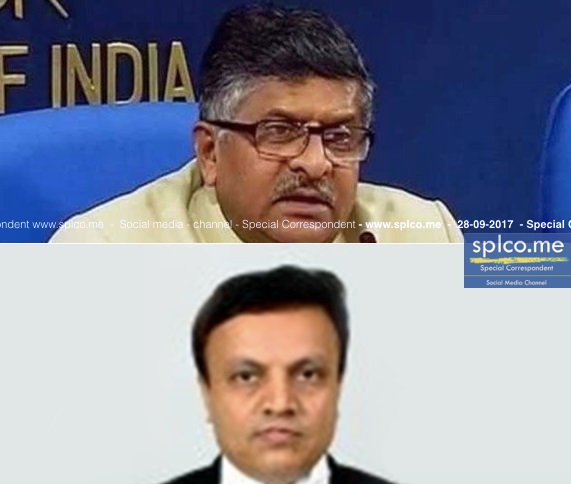The proposed transfer to Allahabad High Court a little over 10 months before his retirement would have denied Justice Patel his last chance to become a high court's Chief Justice or Acting Chief Justice.

The resignation of Justice Jayant Patel as a judge of the Karnataka high court marks a crisis moment for the judiciary in India.
It was Justice Patel who in 2011, as part of a two-judge bench in the Gujarat High Court, had ordered a CBI probe into the 2004 killing of Mumbra girl Ishrat Jahan and three others after SIT concluded that the state police had faked the encounter.
He quit following the order of his transfer to the Allahabad high court, where he would have been the third seniormost judge in the hierarchy, as compared to his current No. 2 position in the Karnataka high court.
When the current chief justice, Subhro Kamal Mukherjee retires on October 9, he would ordinarily have become acting chief justice of the court.
Justice Patel was already reported to have been upset that nine judges junior to him had already been elevated. Did my duty, punishment in God’s hands, says Karnataka HC judge after he resigns.
I have no comments to offer (on Justice Patel's transfer) except to say that no proposal of his transfer has been received by us," Union Law Minister Ravi Shankar Prasad told reporters.
Former Supreme Court judge Santosh Hedge told NDTV that if Justice Patel resigned because he was being superseded and the transfer was for reasons that were not legitimate - then he is perfectly justified in resigning.
Bar association of Gujarat demanding transparency invoked agitation.














